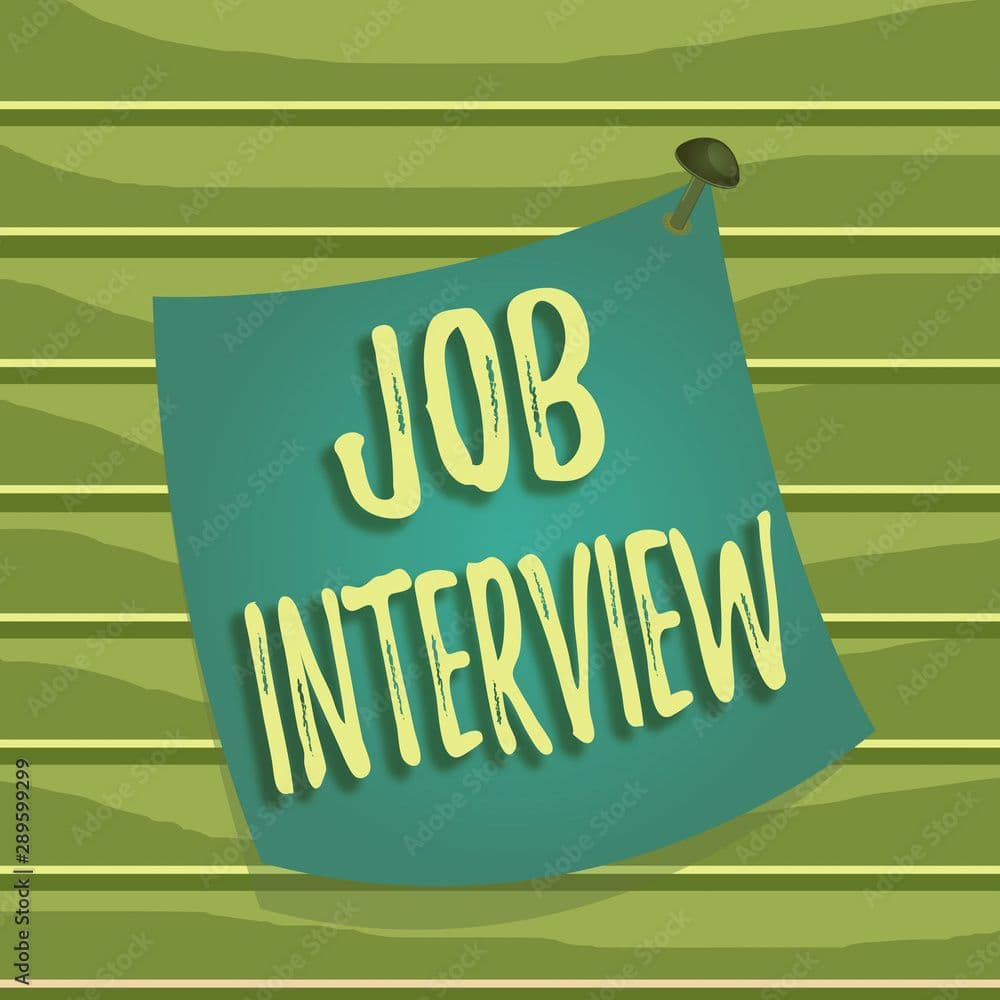The Resume Revolution: 5 Game-Changing Tips from Analyzing 125,484 Resumes
With the swarm of career advice available online, it's often a challenge to figure out which pieces to genuinely take to heart.
I've always believed that while individual experiences vary, there's power in numbers.
This is why, when Austin Belcak unveiled his analysis of a whopping 125,484 resumes, my inner data nerd rejoiced.
Here's the golden ticket: the convergence of anecdotal advice and statistical backing.
I've distilled Austin's comprehensive findings into a digestible, actionable guide that’ll give your resume the boost it needs, whether you're a newcomer to the job market or a seasoned professional.
1. Power Up with LinkedIn
A staggering revelation from Austin's analysis is the undeniable power of LinkedIn. Resumes with a LinkedIn profile witnessed significantly higher interview callback rates. However, there's a catch. Simply listing a basic or underdeveloped LinkedIn profile can, in fact, decrease your chances. The key is a comprehensive LinkedIn profile, marked by:
- A professional headshot and banner.
- Detailed work experiences and accomplishments.
- A rich network of meaningful connections.
Interestingly, this advantage seems to skew towards entry-level job seekers. So, if you're just starting out, giving your LinkedIn some TLC can give you a considerable leg up!
2. Keyword Mastery
It's a known fact: many employers use Applicant Tracking Systems (ATS) to filter candidates. Austin's analysis found that the average job description contains around 43 keywords, yet candidates incorporated just over half of these. This discrepancy can be easily bridged by:
- Using word cloud tools to identify frequent keywords in job descriptions.
- Ensuring a balanced mix of both hard and soft skills.
- While candidates often listed hard skills like Excel and SQL, soft skills were overlooked.
- Utilize reports like Udemy's workplace trends to identify and incorporate relevant soft skills.
3. Measurable Achievements = Resume Gold
Numbers speak louder than words. A mere 26% of analyzed resumes incorporated five or more quantifiable achievements. Companies favor metrics because they succinctly convey value. Instead of saying you managed a project, indicate how your management led to a 30% increase in efficiency.
Remember the X-Y-Z formula: Achieved X as measured by Y by doing Z.
4. Resume Length: The Goldilocks Principle
Austin's research pinpointed an ideal resume length: between 475 to 600 words. Resumes within this range experienced double the interviews compared to those outside it. While longer resumes might be suitable for specific roles like professors or executives, the general populace should strive for this sweet spot.
5. Say No to Buzzwords
Half of the resumes analyzed carried cliches and buzzwords like "passionate" or "team player". These not only dilute your message but can also irritate seasoned recruiters. Instead of generic terms, focus on specifics.
What did you do that was so groundbreaking?
Wrapping Up
While some of these tips might sound like Resume Writing 101, the data-driven approach underscores their importance.
An effective resume isn't about cramming in as much as possible; it's about smart choices and meticulous optimization.

Ryan Kay
Helping people get the career of their dreams!
Related articles

Follow-up or Fall Behind: Why Persistence Pays Off in the Job Hunt
In the competitive job market, persistence pays off. Don't let a lack of response discourage you - read on to learn how being persistent and following up after the interview could land you your dream job!

How to Get an Interview
Do you apply and rarely get called back for an interview? Try applying this advice, and watch it work!